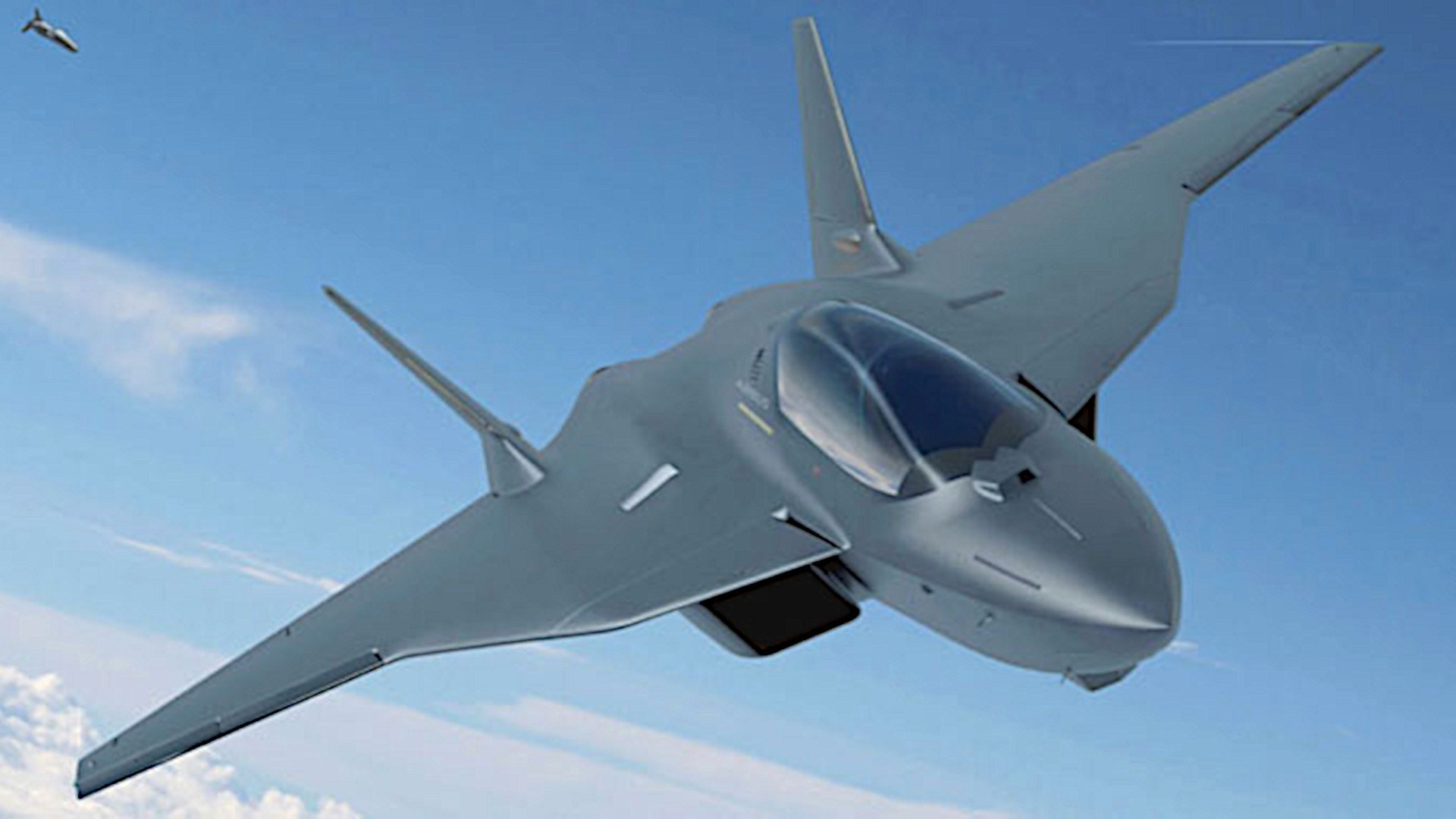From the A380 to the FCAS
Richard Aboulafia was a a major critic of Airbus launching the A380 from the outset.
He recognized the quality of the airplane; but questioned whether the market was there for a new 747 replacement.
He certainly was provided correct with regard to that and Airbus has announced it is unseating production of new build A380s.
Now he has raised some significant objections to the viability of the Franco-German fighter which has been dubbed the future combat air system.
He has had significant praise for Dassault and its fighters over the years, and the throes of his concern is not whether or not France could build an upgrade to Rafale or its possible replacement.
His concern is focused on whether the FCAS as conceptualized really is a project which fits Germany all that well.
There clearly are concerns that the German side needs to focus on upgrading Eurofighter which will need to draw on non-French partners; and there is a question of how to build cross-cutting synergies between German Eurofighter and Dassault’s Rafale.
But Aboulafia highlights the disconnect between France and Germany on defense as well as puzzling over how an essentially French project will benefit German industry?
In a recent op-ed piece on Aviation Week, he highlighted what he saw as essential flaws.
The first problem is a misalignment in foreign policies and arms-sales practices. Germany is concerned about who buys and uses its weapons. In February, BAE Systems announced that a second Eurofighter sale to Saudi Arabia was at risk because of a German arms embargo, imposed due to the Saudi war in Yemen.
Germany also is blocking exports of the Airbus A330-Multirole Tanker Transport, C-295transport and H145 helicopter. Outgoing Airbus CEO Tom Enders told La Tribune, “It has made us crazy for years at Airbus that the German side gives itself the right to block the sale, say, of a French helicopter while only a tiny German piece has entered its manufacture.”
This foreign policy difference matters to BAE and the UK, but it is far more important to France and Dassault. The French military aerospace industry is heavily dependent on exports, largely because its domestic market is not that large. The Mirage III/V, Mirage F1 and Mirage 2000 programs each relied on exports for 65% of their orders. The pan-European Tornado had only one export customer, while the Eurofighter orderbook is only 24% export customers.
The export customers for these French jets also indicate a big difference. The biggest single Mirage F1 customer was Saddam Hussein’s Iraq. Apartheid-era South Africa and Muammar Qaddafi’s Libya were also notable customers. Post-Arab Spring Egypt was the first Rafale export customer. It is highly unlikely that Germany would permit arms exports to these governments.
The second problem with a Franco-German fighter is that French industry is dominant. Dassault has been given the lead role for the airframe, and the company’s cooperation with Airbus has never been good, to say the least. Safran can and will lead on the engine, and it is not clear what share it will need to give to MTU. Thales will unquestionably be the prime on the radar, electronic warfare system and other avionics; here again, it is not clear what will be left for German industry.
In the early 1980s, France was offered a spot as the fifth Eurofighter partner. The country requested a 46% workshare, which of course was not tenable.
In short, will Germany be given sufficient incentive to stay with the FCAS? If it will only have, say, a 25% workshare, why would it contribute a meaningful percentage of the nonrecurring expenses? And if that contribution is small, why would France want to complicate its exports by including Germany?
These two problems may be irresolvable.
He underscores the need for Europe to sort through a way ahead on combat aircraft and suggests what he sees as a more realistic way ahead.
Perhaps it’s best to view the FCAS is as a kneejerk response to the political nightmare that is Brexit. Once the dust settles over Brexit in a few years, history can resume its normal course: Germany can join the UK and BAE on its Tempest concept fighter, perhaps joined by Italy and Sweden. As for France, it has historically done well by going its own way.

